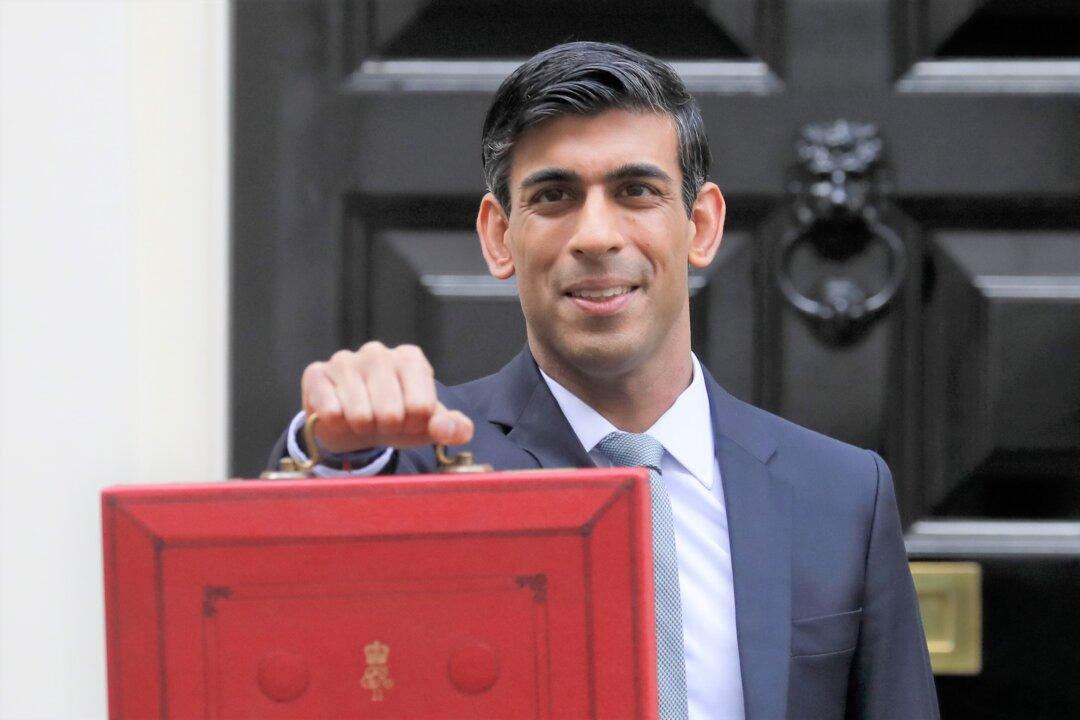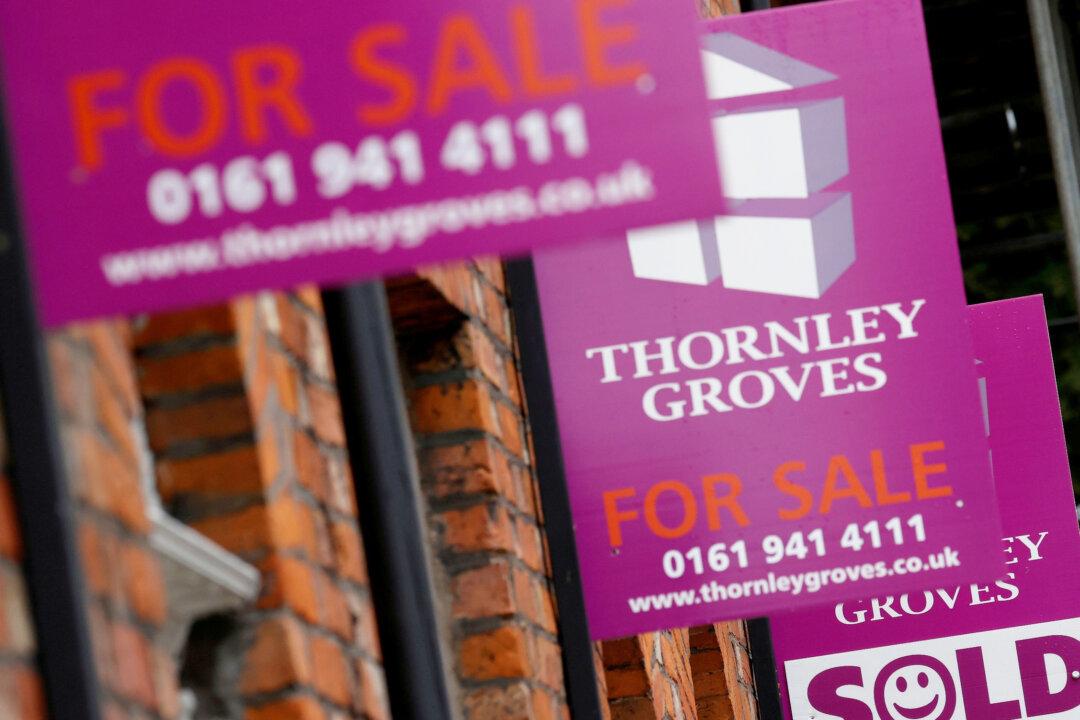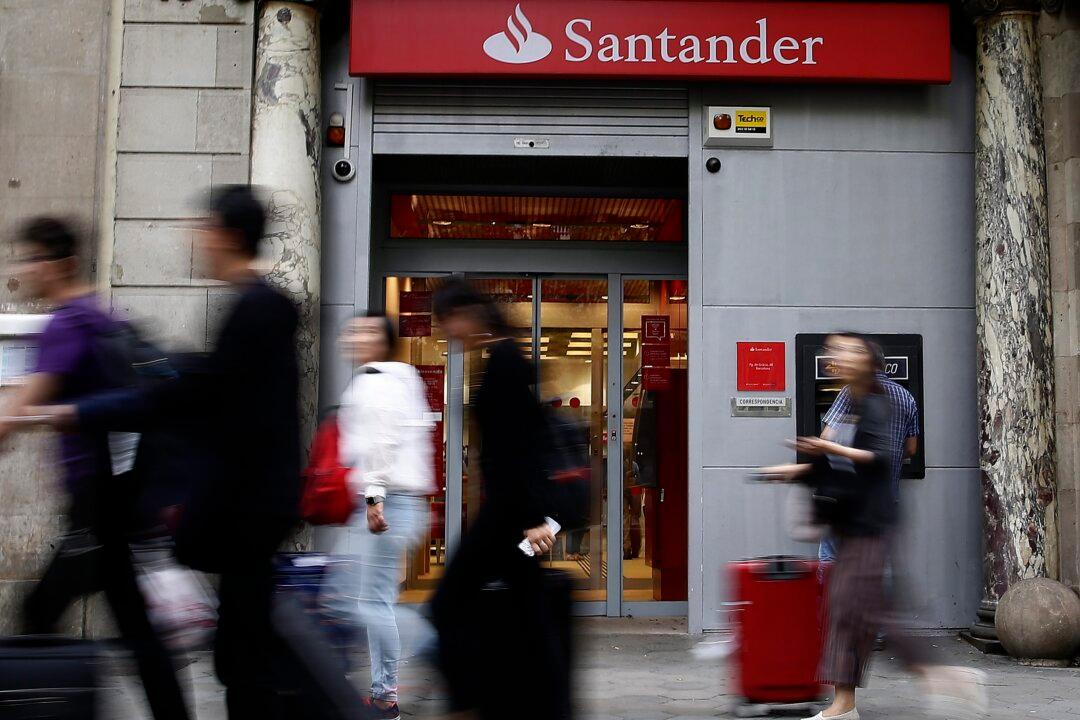As a result of the CCP virus pandemic, UK businesses could have debts of close to 100 billion pounds by the end of the first quarter of 2021 that they are unable to repay, a new report warns.
By March 2021, a predicted 97 billion pounds ($122 billion) to 107 billion pounds ($135 billion) in loans could become unsustainable, according to a report (pdf) by TheCityUK, a group representing UK-based financial and related services.




